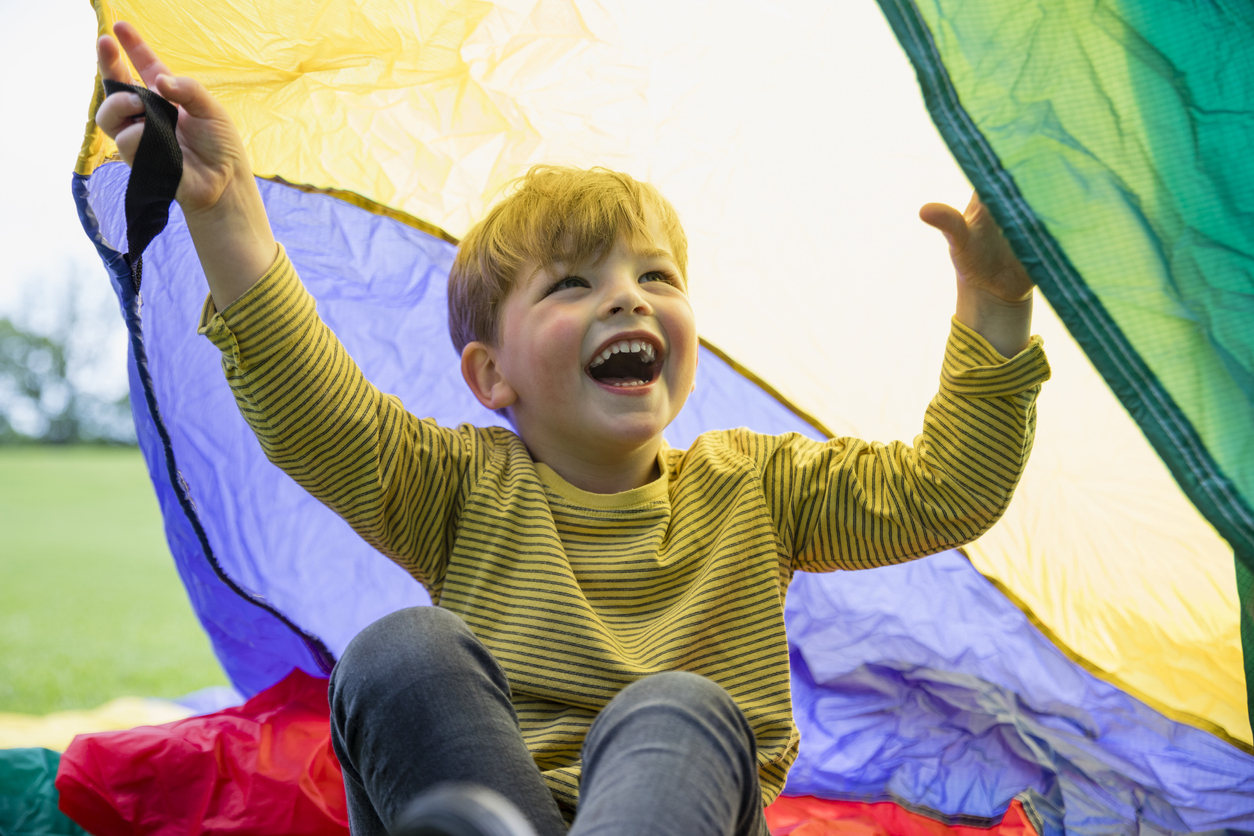
![]()

The thought of your child starting preschool can be both exciting and terrifying. While it marks a milestone in your child’s growth and development, it also involves a collision course of questions, worries, and wonders for you regarding your little one. We’re here to help answer some questions like when do kids start preschool and provide guidance on navigating this big step in their – and your — life.
Quick Contents
But First, What is Preschool?
Preschool can come in many forms, but preschool is an educational environment created to foster the growth and development of young children. Most preschools target many developmental domains, including social-emotional, cognitive, and motor development. They vary in their day length (half day, full day) as well as philosophies and methodologies, so you should research to determine which fits your child best. Some common preschool teaching philosophies include:
When Do Kids Start Preschool?
When kids start preschool can vary, but it is often somewhere between 2.5 and 3.5 years old, depending on the school.
How Do You Know When Kids Are Ready for Preschool?
But how do you know if your child is ready? That’s a tricky question. No child will be 100% “ready.” Even the most independent children might have trouble separating from you on the first day. And the most social of children might have trouble figuring out how to make friends when they start preschool.
However, you can generally look at where the child is. Some children are home with a caregiver, some are in daycare full-time, and some attend a social group twice a week with a parent. So, you can look at your child in their current environment and ask questions such as:
- Is my child showing a desire to explore more in their current environment?
- Are they seeking out social interactions more in their current environment?
- Are they testing boundaries more in their current environment?
If it feels like they may be outgrowing their current environment, they might be ready to take on the challenge and exciting adventure of preschool!
What Do Kids Learn in Preschool?
The learning opportunities provided to children in a preschool classroom are endless. They learn how to play and how to navigate social interactions. Kids learn how to problem solve, and they work on fine motor skills such as using scissors, holding a marker, and how to zip up their coats. They also learn how to engage with books and make music. Most of all, they learn what school is!
What are the Benefits of Attending Preschool?
The benefits of preschool, like the learning opportunities provided, are endless. Preschool helps children grow socially and emotionally. It helps children learn what they like and dislike, self-advocacy, and how to be a friend. One of the most significant benefits is that they learn how to navigate a learning environment which helps prepare children to take on elementary school when the time comes.
Preparing Your Child for Preschool
Once you select a preschool, the next important step is to start to prepare them. Here are some tips.
See If Your Preschool Has an Open House
If the school doesn’t have an open house, ask if you can bring your child in before the start of the school year to see their classroom and maybe even meet their teacher. It helps ease children’s minds when you remove some of the mystery.
Involve Your Child in the Preparation
Have them pick out their backpack, lunch bag, etc., and give them choices/control when possible. For example, ask them if they want a ham or turkey sandwich for lunch at school. Even making the simplest choices gives a child a sense of control in a new and sometimes daunting situation.
Talk About Emotions
Ask them how they are feeling and talk about their emotions on their first day, whether they might be scared, excited, or happy.
Work On Fostering Self-Talk and Coping Skills
What can they tell themselves if they start to miss you? They can try, “I will always go home at the end of the day.” Have them practice taking deep breaths to help them engage in self-calming. Being proactive about teaching and practicing some of these strategies will help equip your child with emotional tools to take on new challenges they may experience.
Sending your child to preschool is scary, exciting, and a time filled with many emotions. Know that every child is unique, so remember to research and listen to your gut when determining if, when, and where to send your child to preschool. You’ve got this!
